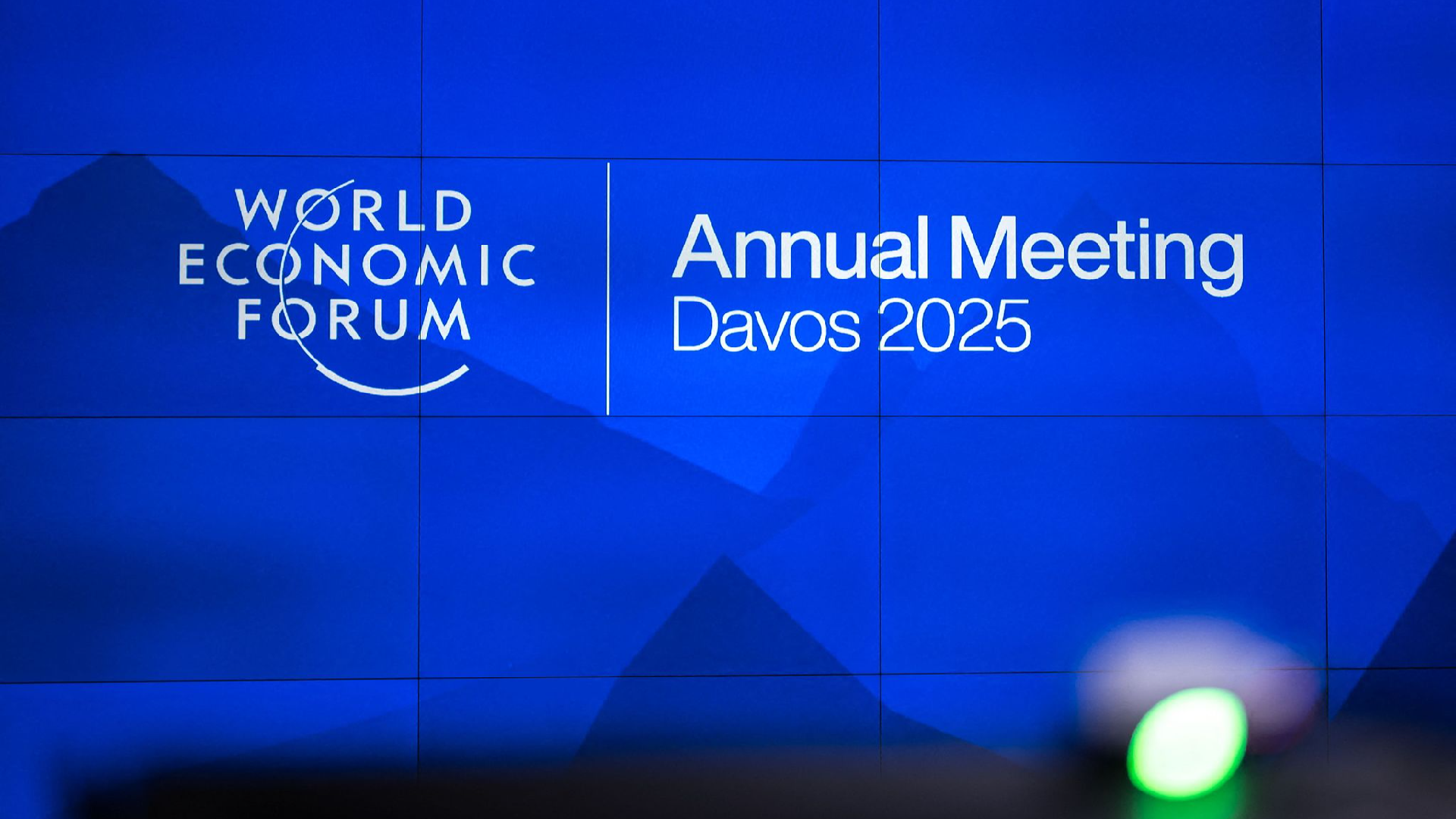WEF Identifies Conflict, Climate, and Misinformation as Top Global Risks for 2025
The World Economic Forum (WEF)'s Global Risks Report 2025 identifies conflict, climate change, and disinformation as the primary threats to the world. The report urges nations to prioritize collaborative efforts to tackle governance failures, restore global trust, and enhance international cooperation.

While the risks associated with economics have lessened, social and geopolitical tensions remain a significant concern. The report identifies armed conflict between nations as the most urgent risk for 2025, with nearly 25% of respondents indicating it as their top worry.
Misinformation retains its position as the leading short-term risk, threatening social cohesion and governance by undermining public trust and exacerbating both domestic and international divides.
Long-term environmental risks are highlighted in the report, with extreme weather events, biodiversity loss, ecosystem collapse, and resource shortages identified as the most pressing issues anticipated over the next decade. Pollution remains a substantial short-term issue, but it is also increasingly recognized as a long-term threat due to rising awareness of its detrimental effects on health and ecosystems.
Moreover, the potential negative impacts of artificial intelligence and the spread of disinformation are expected to transform the technological landscape, creating significant risks for the future.
The report indicates a growing sense of pessimism among experts regarding the global landscape, with many foreseeing that environmental, technological, and social challenges may lead to instability, escalating divisions in international cooperation, and placing significant strain on economic and social stability.
As Mirek Dusek, managing director at the WEF, mentioned in a press release, global leaders are confronted with a vital choice amid deepening divisions and overlapping risks: "to find ways to foster collaboration and resilience, or face compounding vulnerabilities." Dusek cautioned that the stakes of this choice are unprecedented.
In summary, the report cautions that the next ten years will be crucial in determining the future of the world. It stresses the need for nations to prioritize collective efforts to address governance gaps, restore global trust, and enhance international collaboration.
Mark Elsner, head of the Global Risks Initiative at the WEF, pointed out that society is currently experiencing a series of interconnected crises, ranging from divisions to climate change. "Renewed efforts to rebuild trust and foster cooperation are urgently needed. The consequences of inaction could be felt for generations to come," said Elsner.
Allen M Lee for TROIB News
Find more stories on Business, Economy and Finance in TROIB business












